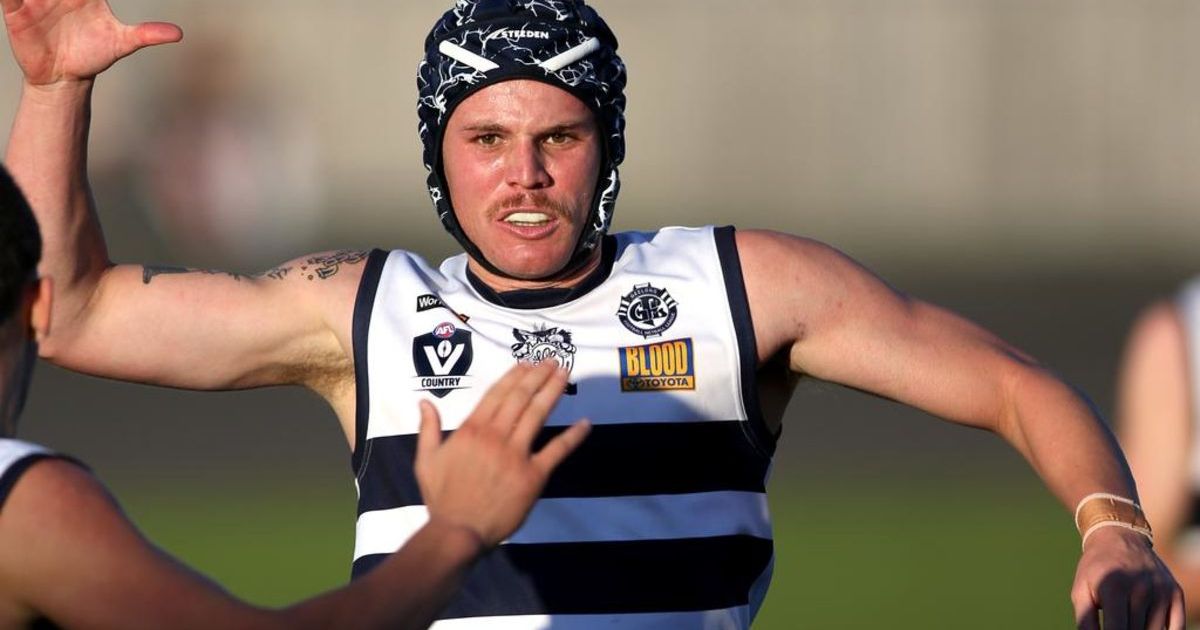Committee For Lorne: FISHY TALES – Showcasing Lorne’s Fishing History
Early in May, through this column, the Lorne Historical Society announced it would be mounting an exhibition telling the story of Lorne’s fishing industry and putting a call out to anyone who had photographs, memorabilia, stories etc, which could be used.
The response was overwhelming! People from all around Australia who had connections or who had been involved in the heyday of fishing in Lorne contacted the Society and provided information. We received photographs, newspaper clippings, lists of the names of fishermen and stories! Oh, the stories! This was the human face of a period in Lorne’s history when fishing was the backbone of the town. Here are a couple of extracts from the exhibition which will give you an insight into what to expect when you visit.
The following quotation describes the beginnings of the fishing industry in Lorne:
“The early thirties, during the great depression, saw the beginnings of the fishing industry in Lorne. Cecil Penny, Jack Romaro and Bill Hollingworth fished using nets off the front of the beach – one walking along the beach, another walking through the waves and occasionally with the use of a dinghy, they would catch salmon, garfish, mullet and silver bream. Bill Hollingsworth would sell the fish around the township.”
The stories we received which are on display reminded us that fishing in this part of the world is not for the faint of heart. It was a dangerous occupation as demonstrated in this story:
“On Friday 13th, 1961, a Lorne cray boat, the Barbara-Dee, was hit by a freak wave as the two crew tended to cray pots. The boat overturned on a reef ten miles east of Apollo Bay, at Sugar Loaf. The skipper, Roy Harris (who was a former Victorian junior surf champion) swam half a mile to shore and then swam back with a four-gallon drum to help ship-mate Noel Rogers who couldn’t swim. After climbing the cliff to Wangan, a retreat house, the pair were “revived’ with brandy by the Redemptorist priests. The Barbara-Dee was towed to Lorne where it was discovered that four hundred pounds worth of damage was done to the hull.”
Another story highlighting the dangers our fishermen faced, features Lorne fisherman, Mac Campbell (pictured right with fellow fisherman, Gary Norton):
“In 1980 Malcolm Campbell, fishing in big seas, had just finished shooting his snapper traps when a large wave struck the side of the boat. He lost balance and was flung into the sea and as his boat was still in gear, it motored away. Having little alternative, Macka swam the three miles to Mount Defiance. He decided to hitch a ride back to the Co-op. Being scantily clad, he found hitching a ride difficult!!
The then manager of the Co-op, Henry Love, contacted the police in Melbourne, who stated that as there were no lives lost they would not be looking for the boat. The television stations sent a helicopter down, not to look for the boat, but interested in the story.
Bill Fulton, a friend of Macka’s and a pilot, drove to Grovedale, obtained a light plane and started the search. David Love was with Bill and he was the spotter for the boat. Gordon Bannister and Gary Norton went out in Gordon’s speed boat. When they located the missing boat, still circling eight miles out to sea, Gary jumped aboard and brought the craft safely back.”
Staging this exhibition has been a wonderful experience and we have managed to collect so much more material about this amazing chapter in Lorne’s history.
The exhibition will be open until October and can be seen each Friday and Sunday mornings from 10am until noon at the Historical Society’s room. In addition to the photographs and other memorabilia, there is also a movie playing depicting fishing in Lorne from early settlement through to the heyday of the industry. This movie contains a clip of a fishing boat being lifted from the water by crane – a unique piece of footage. Morning tea is also served on the last Sunday of the month. Please join us and contribute to the “Fishy Tales”.
Peter Spring
Vice President
Lorne Historical Society


















